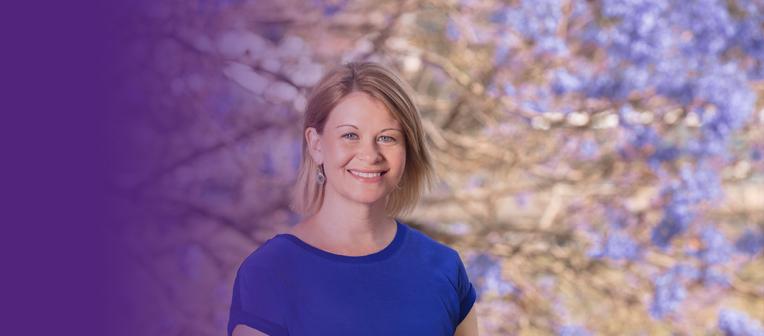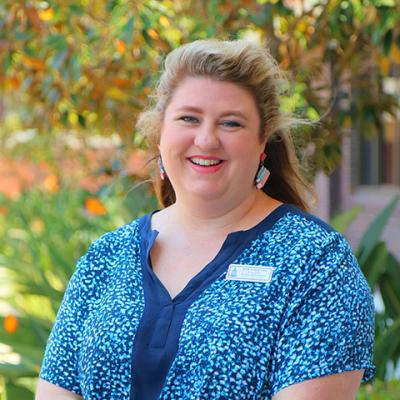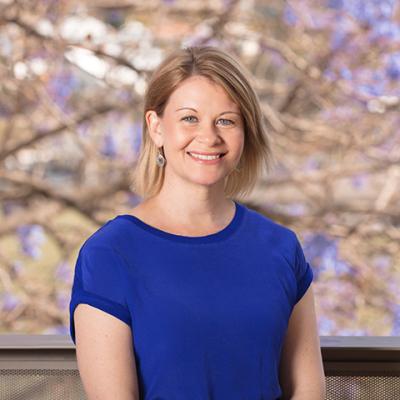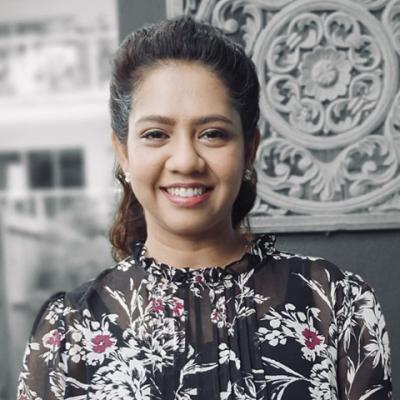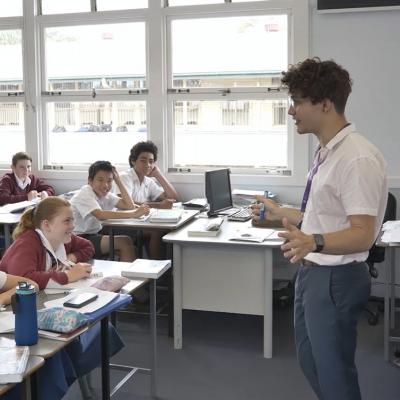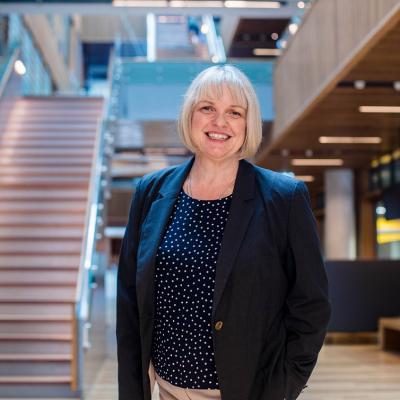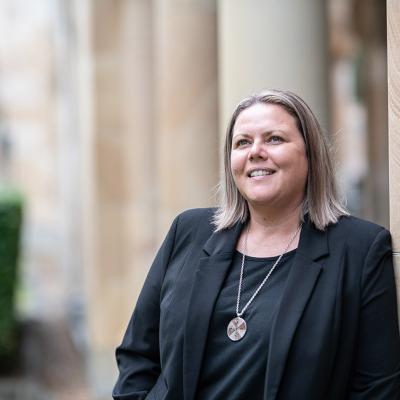Enhance your career with a qualification that will strengthen your leadership or expertise in educational practice, policy and theory.
With 7 fields of study in which you can specialise, UQ's Master of Educational Studies allows you to immerse yourself in a learning space of your choice and uncover facets of education you never knew existed.
Offering a variety of employment opportunities in educational environments, this program also extends beyond the classroom into industry, media and community settings.
We asked several of our graduates and academics to reflect on the question: why choose a Master of Educational Studies?
Here’s what they had to say.
1. Several specialisations to choose from
After working in education for some time, you may find that a particular field of study really appeals to you.
Turn that passion into purpose by pursuing one of 7 different fields that target the areas of interest you wish to develop:
- Behaviour Support
- Curriculum
- Guidance, Counselling and Careers
- Leadership
- Psychology Education
- Science of Learning
- Supporting Diverse Learners
Broaden you career options by expanding on the foundation you built in your bachelor’s degree and take the next step in your education career.
2. Globally relevant learning
Our studies are globally placed, so both domestic and international students can apply what they have learnt in any country or context. We personalise the curriculum to ensure that we cater to the different demographics of students who enrol in our course.
We have cross-cultural programs that allow students to build connections and friendships with people from diverse backgrounds. This helps students get future-ready and develop capabilities that stretch across disciplines, borders, and into hybrid forms of learning.
With a focus on cultural identity, connectedness, and sense of belonging and wellbeing, our goal is to deepen intercultural understanding through developing valuable relationships with overseas students.
3. A degree for teachers and other professionals alike
Whether you're a current teacher, work in the education sector, or neither of the two, our Master of Educational Studies could be relevant to you.
While it's not a teacher preparation program, it can strengthen and broaden any current educator’s knowledge. It can also open the door for non-teachers to gain a better understanding of the educational landscape in Australia and around the globe.
Upon completing the program, you can take these innovative learnings and apply them in another professional setting, making a real impact within your organisation and community.
As well as the careers available in the education sector, alternative industry roles may include:
- policy analyst/officer
- instructional designer
- online learning director
- corporate educator
- community leader
- career development practitioner.
4. Commonwealth supported places for domestic students
The availability of Commonwealth supported places (CSPs) makes UQ's Master of Educational Studies even more appealing for domestic students. This government subsidy doesn’t cover your entire tuition fee, but the reduction is often quite significant.
Most CSPs are for undergraduate study, with only some providers offering them at the postgraduate level. However, UQ is offering more CSPs than ever before, so now is a great time to take advantage of these reduced fees.
Please note: Just being eligible for a CSP does not mean that you will be offered one. You must meet the academic entry requirements to get into the course.
5. Work/study balance
How do you juggle university study while teaching in or leading a school?
This is a question many have to ask, but thanks to a hybrid study mode consisting mostly of evening classes, you'll have the flexibility to choose whether you’d like to join us on campus, join in remotely in real time, or listen to recordings at a time that best suits your schedule.
With most of our students currently working full time, we understand the importance of multi-tasking, ensuring that what you are learning is relevant to your professional environment. We apply this lens to both our teaching formula and assessment tasks.

